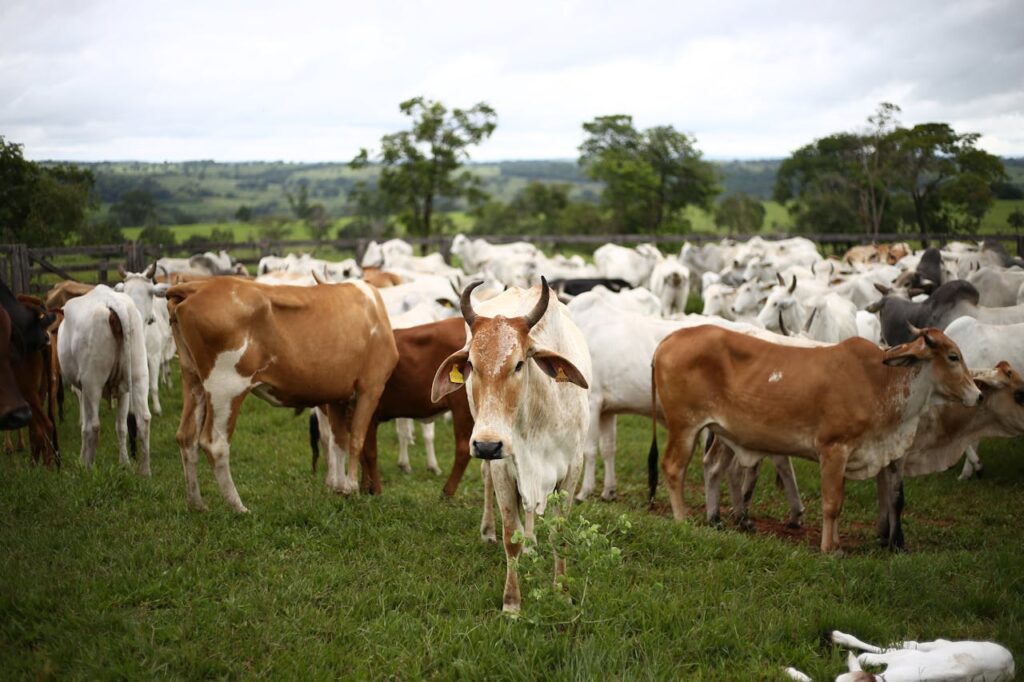Sustainable Cattle Farming in Zimbabwe: Opportunities for Growth in 2025
As Zimbabwe continues to prioritize food security and economic resilience, sustainable cattle farming is emerging as a key focus area in 2025. With increasing awareness of environmental impacts and a growing demand for sustainable agricultural practices, cattle farmers are finding innovative ways to balance profitability with ecological responsibility.

Sustainable Feeding Practices
Feed management is at the heart of sustainable cattle farming. Farmers are shifting to:
– Byproduct utilization: Using agricultural byproducts like maize stalks and cottonseed cake as feed, reducing waste.
– Rotational grazing: Implementing controlled grazing systems to prevent overgrazing and promote pasture regeneration.
– Organic supplements: Incorporating natural minerals and herbs to enhance cattle health without relying heavily on synthetic additives.
Waste Management and Biogas Production
Cattle farming generates significant amounts of waste, which, if managed properly, can be a valuable resource. In 2025, more farmers are adopting waste-to-energy technologies. Biogas digesters are becoming common on farms, converting cattle manure into biogas for cooking and electricity, while producing nutrient-rich slurry for use as organic fertilizer.
Community-Based Farming Models
Collaborative farming models are gaining traction, particularly among smallholder farmers. By pooling resources, farmers can share costs for equipment, access larger markets, and negotiate better prices for their products. Cooperatives are also instrumental in facilitating access to training and financial services, empowering farmers to scale their operations sustainably.
Export Potential
Zimbabwe’s beef exports are gaining momentum, thanks to improved disease control measures and compliance with international standards. The growing global demand for organic and grass-fed beef presents an excellent opportunity for local farmers to tap into lucrative markets, particularly in the Middle East and Europe.
The Way Forward
For sustainable cattle farming to thrive, continued investment in education, infrastructure, and research is essential. Stakeholders must work together to address challenges such as limited market access, climate variability, and the high cost of inputs.
